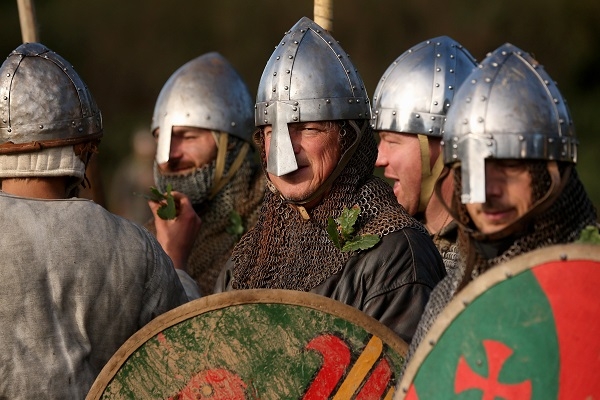The BBC adaptation of Philippa Gregory’s The White Queen, which began last Sunday, has led numerous books editors to pick their 10 best historical novels. I played this silly dinner party game last year (although I forget the inspiration). And, while admitting that it was nigh on impossible to pick 10, I came up with:
J.G. Farrell’s Empire Trilogy
Paul Scott’s The Raj Quartet
Charles Dickens’ A Tale of Two Cities
Evelyn Waugh’s Sword of Honour
Patrick O’Brian’s Master and Commander
Robert Graves’s I Claudius
JM Coetzee’s Disgrace
Alexander Solzhenitsyn’s A Day in the Life of Ivan Denisovich
Pat Barker’s Regeneration
Guiseppe Tomasi di Lampedusa’s The Leopard
There were some frankly lamentable omissions from my list. George Macdonald Fraser’s Flashman series (of which the first is much the best of a good bunch), War and Peace, Les Miserables, Mary Renault’s Alexander the Great series, Catch 22, Marguerite Yourcenar’s Memoirs of Hadrian, Hilary Mantel’s Bring Up the Bodies (which was so good that it made me realise how much I’d underestimated Wolf Hall), Siegfried Sassoon’s Memoirs of George Shearston, Rose Tremain’s Merivel novels and on, and on, and on. Oh, and I haven’t even mentioned Sir Walter Scott…
I can’t see the point of altering my list (life’s too short); but I might change my reasons for choosing some of those particular books.
JM Coetzee’s Disgrace is an uncomfortable read, and I suspect that if one re-read it today, while many people are wondering if South Africa will withstand Nelson Mandela’s seemingly imminent death, it would assume other qualities (if ‘qualities’ is quite the right word). Since compiling the list, I have dipped back into the Empire Trilogy, the Raj Quartet and Sword of Honour. Each bears repeated attention and merits study. This time, for instance, Paul Scott’s dialogue stood out: there is a scene where Sarah Layton is trying to tell her father, recently returned from captivity in Germany, an intimate detail and he cuts her off with words of kindness rather than disgust. This familial exchange would have worked in any book worth its salt.
I’ve also flicked through The Leopard after a friend, who was reading it for the first time, reminded me of Lampedusa’s beguiling sense of place of time. Night is falling as Don Fabrizio takes his carriage to see his mistress in a nearby town. The hills above the darkening road are lit by enemy soldiers’ campfires. I have not done the description any justice because I missed the paragraph in question on my lazy speed-read; but my friend’s account reminded me of when I first saw the image in my mind’s eye. Best look for it again.






Comments